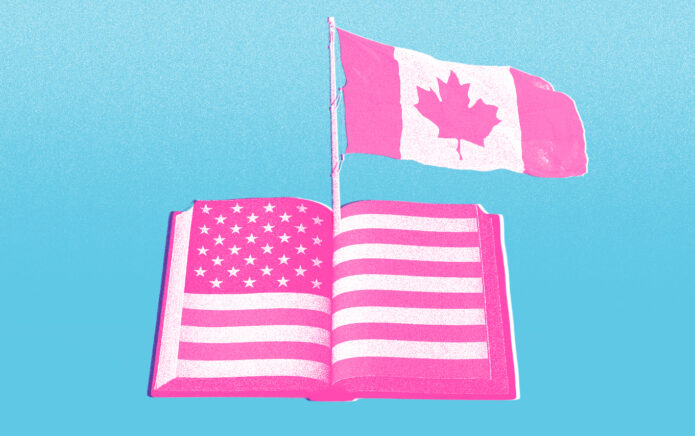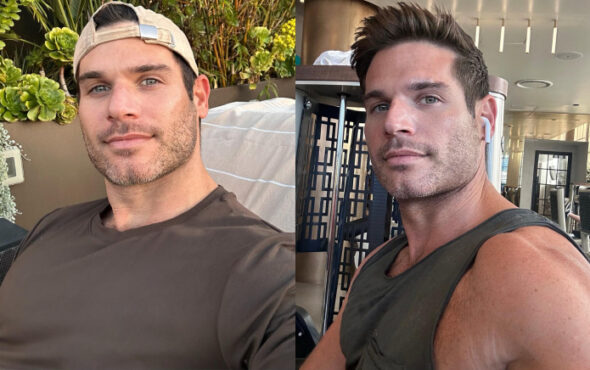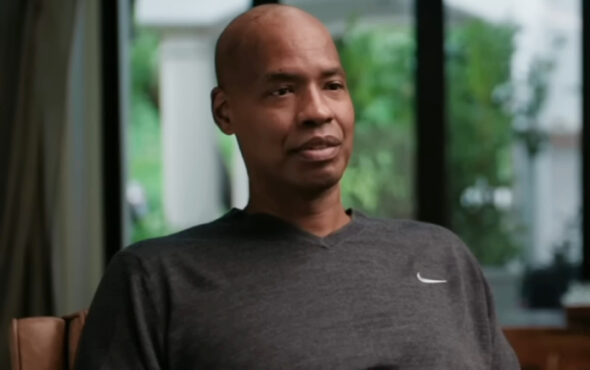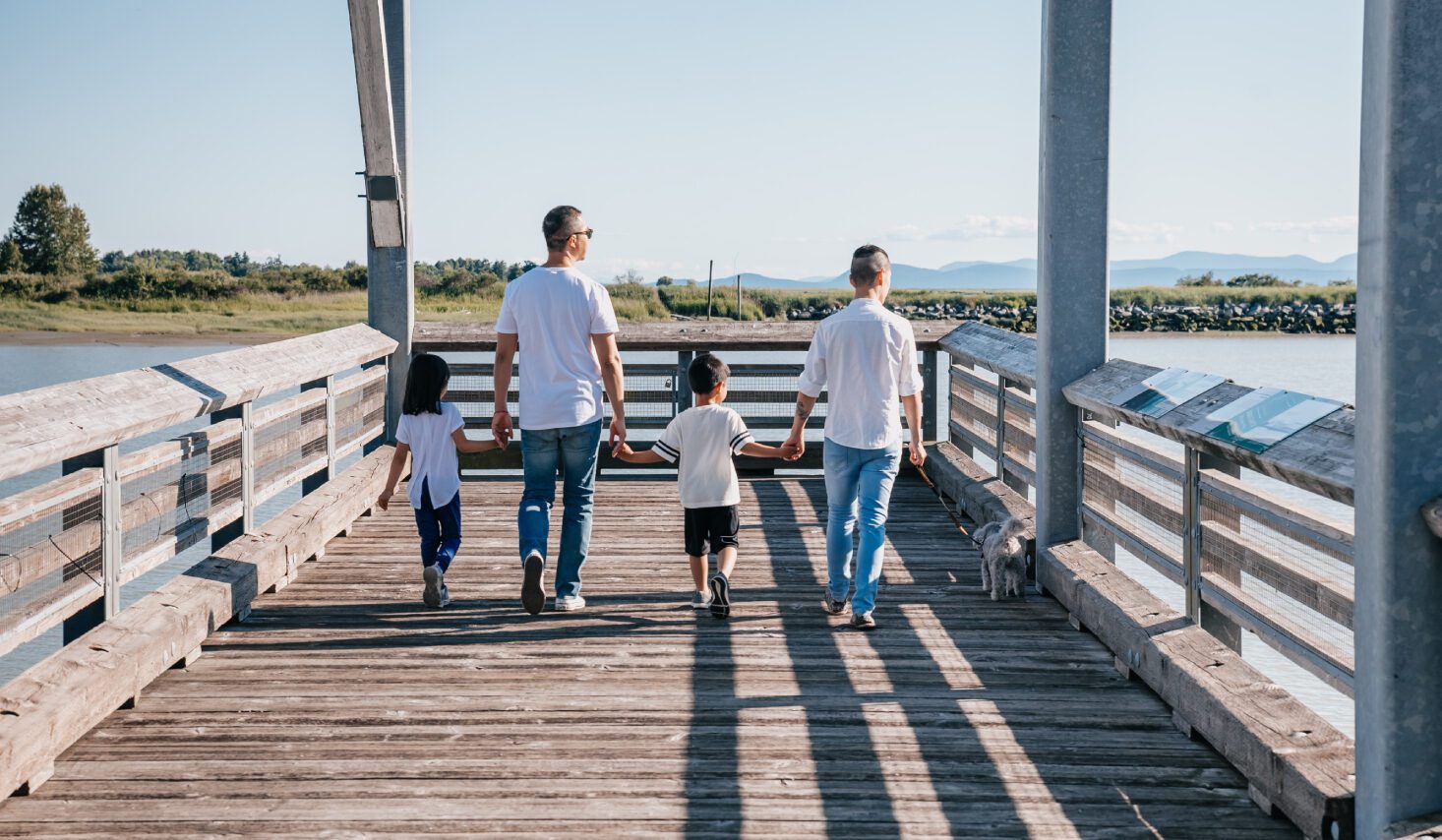
I’ve been fascinated to learn more about LGBTQ+ Adoption and Fostering Week, which runs from 7 to 13 March.
One in six adoptions in 2021 were by same-sex couples. Furthermore, these statistics don’t necessarily reflect families with a bi parent or where a single LGBTQ+ person adopts, so adoptions are likely to be even higher.
It was great speaking to gay dad and children’s author Gareth Peter. His books include Forever Star and My Daddies.
Gareth, can you tell us more about your adoption journey…
I went to school in the ’80s and ’90s, where Section 28 was prevalent over everything. I didn’t learn about LGBTQ+ families, I didn’t learn that it was OK to be gay and I didn’t know any other gay couples. The thing that upset me the most was the fact that I thought I would never have a family… Adoption felt right for me and my partner, not only because we would be giving a child a new start and a loving new home, but also because we were fulfilling one of our lifelong goals. It’s heartbreaking to find out how many children are in the care system – we knew we were doing the right thing. It unearthed some of my sad feelings I had of growing up not wanting to be gay, but that made us all the more determined to start a family. Parenting is not easy, but I think that makes you a better parent because you strive to be as good as you can be. It’s hard work trying to keep a child alive, and fed and watered and clothed, but you do it because they become the centre of your universe.
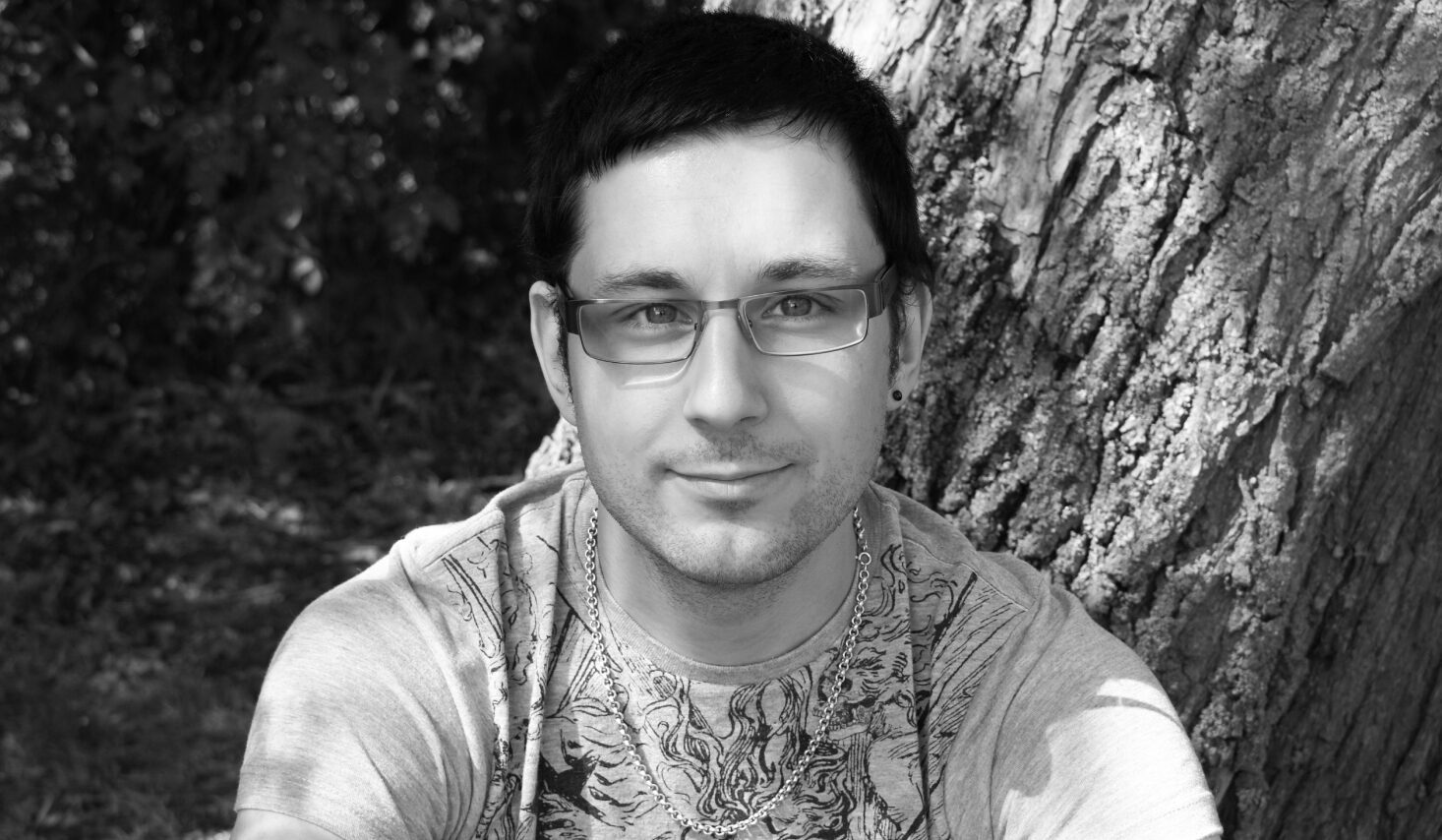
What would your advice be to other LGBTQ+ people looking to adopt?
I would say 100 per cent do it! The advice that I would give, like any family when you are starting it, is make sure you are doing it for the right reasons. You are connecting with a child that has experienced trauma, neglect, upset, maybe even abuse. You need to make sure that you are giving that child the best home you can. If you are committed to starting a family and giving that child a new life and your relationship is as solid as a brick wall then absolutely you should. There are so many children that need that extra start again, so I urge LGBTQ+ families do it because it makes all the difference. It’s the most worthwhile thing ever.
How do you seek to raise awareness?
I think awareness comes out of the normality of it. There is still stigma out there – that two dads cannot bring up a child, that two mums are going to be missing the masculine energy, that it should be “Adam and Eve” not “Adam and Steve”. All these old adages from years and years ago are still kind of circling out there, but they aren’t right. As I say in Forever Star: “It just shouldn’t matter how parents are pared as long as that love is eternally shared.” The child wants safety, security, love, tolerance, acceptance – all of those things that we as adults need a child needs as well.
LGBT+ Adoption and Fostering Week is organised by LGBTQ+ charity New Family Social.
Tor Docherty, New Family Social Chief Executive, said: “The need for more LGBT+ people to consider adoption or fostering is as great as ever. In 2021 there were 80,850 looked-after children in England, an all-time high. Despite 10 years of campaigning and increasing the proportion of adoptions by same-sex couples to 1 in 6, there’s still much to do.
“We often hear from LGBT+ people who are concerned their sexual orientation or gender identity will count against their application. In reality if you’ve navigated issues around your sexual orientation or gender identity agencies recognise that you’re well placed to support a vulnerable young person. Many looked-after children struggle with understanding their place and value in the world. An adoptive parent or foster carer with this kind of experience can make a real difference in their lives.
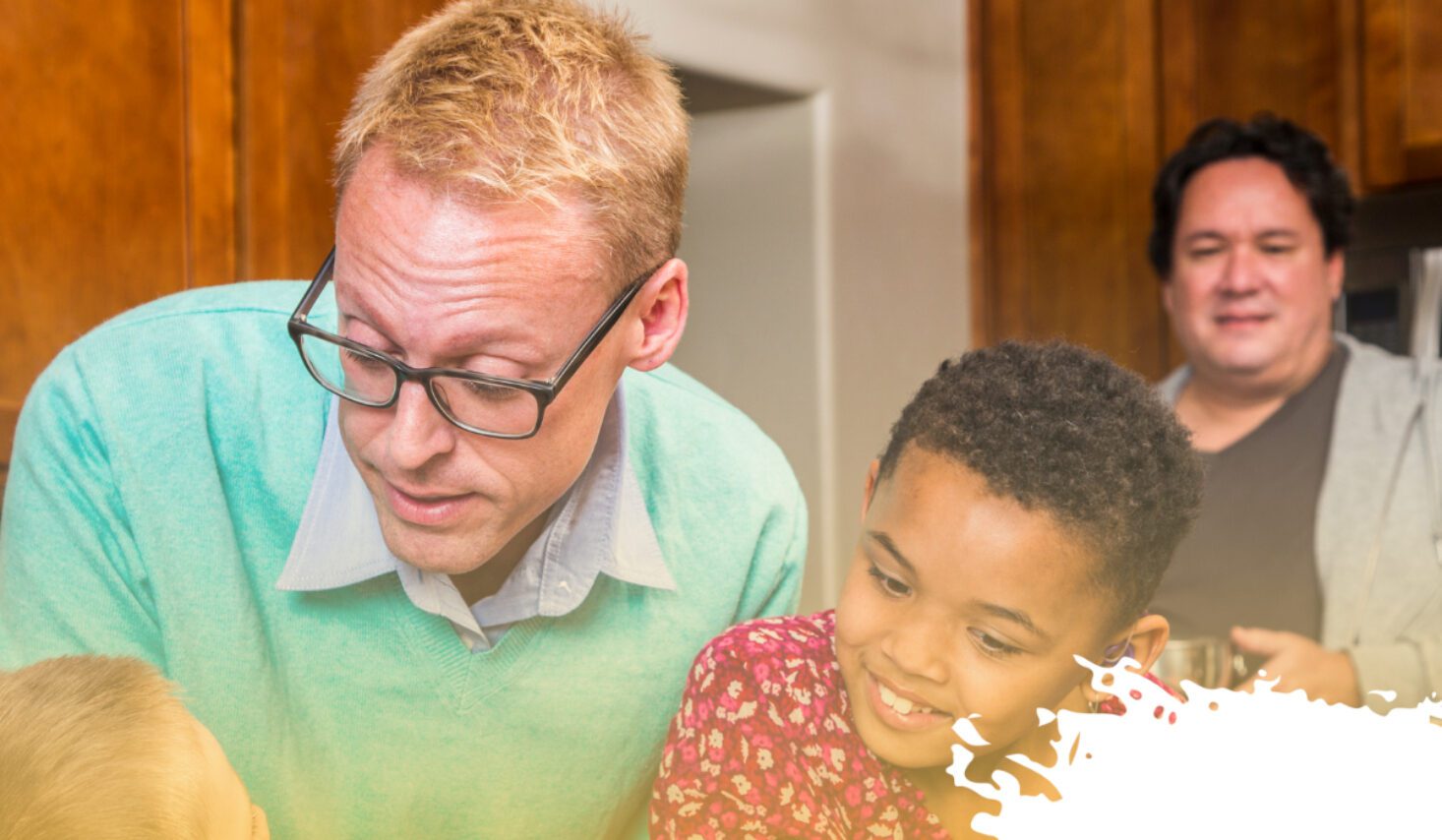
“Talk to a number of agencies when you start your journey to find the one that best fits you. You don’t need to start your journey with the first you talk to. Any agency you consider should be able to answer the simple question ‘How many LGBT+ applicants do you have?’ It’s the bare minimum of information an agency should have at its fingertips when speaking to potential applicants. Wherever you are in the UK you can find agencies that want to hear from LGBT+ potential parents and foster carers and will offer you dedicated support.”
